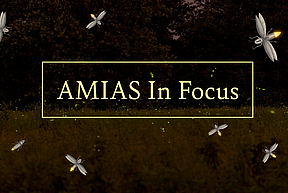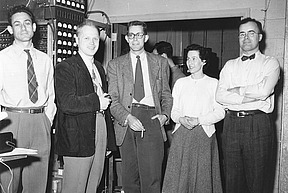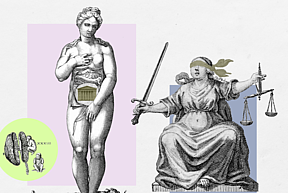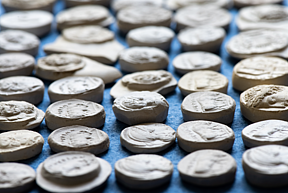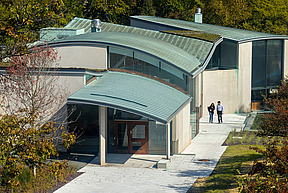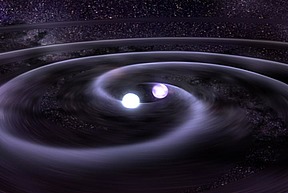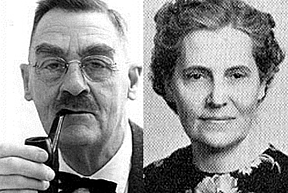The Institute Letter Fall 2022
The Institute Letter Fall 2022
Learn how researchers have harnessed black holes to test theories of fundamental physics and are beginning to glimpse the first stars and galaxies in the universe with the James Webb Space Telescope. Join in the thrill of a discovery made right here at IAS of more than 100 plaster casts of ancient coins. Take a deep dive into the complexities of fetal personhood as analyzed by social scientists in the wake of the Dobbs Supreme Court decision. Also included are articles about the grand opening of Rubenstein Commons; early IAS innovations in climatology; and interviews with Verena Krebs (Historical Studies), D. Dominique Kemp (Mathematics), and Leslye Obiora, past Visitor in the School of Social Science.
Click here to view the PDF.
